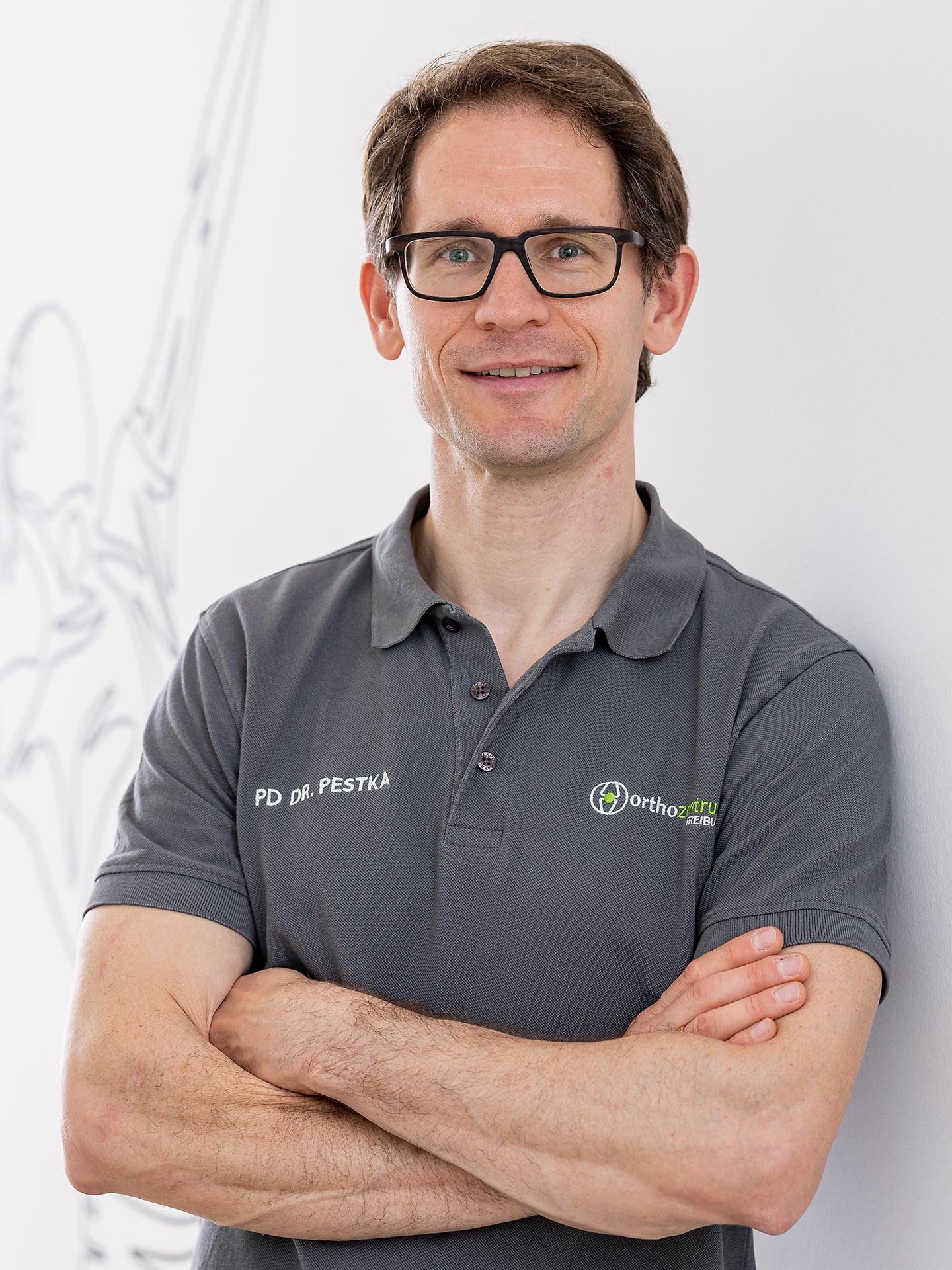Anatomy & Function
Growing pains are short-term and spontaneously occurring p ains that mainly affect children between 3 and 12 years of age. It is not uncommon for children to wake up in the middle of the night and be plagued by pain in their legs. These are harmless complaints that have no pathological value and affect up to one third of all children.
Symptoms & Complaints
Signs of growing pains may include:
- Nocturnal stabbing pain in the legs
In the majority of cases, growing pains affect the legs, especially in the backs of the knees, thighs and calves. Typically, growing pains occur spontaneously during periods of rest, i.e. mainly in the evening and at night. The pain usually disappears the following day. In many cases, an increase in pain can be observed after a day of heavy physical exertion.
The pain is described by the children as stabbing and/or burning. They can occur on both sides or affect both sides alternately.
The frequency of occurrence of growing pains varies from child to child. Some children suffer from the pain several times a week, others only every few months.
Causes
Causes of growing pains include:
- Unclear
The assumption that growing pains are caused by the longitudinal growth of bones is obvious, but has not yet been fully proven. This assumption is supported by the fact that increased growth hormones are released at night.
Diagnosis
Our pediatric orthopedist Priv.-Doz. Dr. Pestka will interview you and your child in detail about the symptoms. This is followed by a thorough physical examination of the painful areas. Here, the exclusion of other causes of pain in the legs, e.g. inflammations, is crucial.
If the age and complaints are typical of growing pains and no special features are apparent on physical examination, no further diagnosis is necessary.
If, on the other hand, one of the following statements is true, imaging should be performed:
- The pain may be localized to a point and/or affect only one joint.
- The pain constantly affects the same side.
- The pain also occurs during the day with physical exertion.
- The pain is very strong.
- The pain is accompanied by other symptoms, for example, redness of the affected area or impairment of the general condition.
Treatment
Conservative therapy:
The following conservative therapies are available:
- Reconnaissance
- Calming the child
- Pain relieving ointment
- Massages the affected area
- Hot water bottle or cooling pad
A crucial part of therapy is careful education of children and parents about the good prognosis. Growing pains are harmless and self-limiting, therapy is usually not necessary.
Pain-relieving ointments and massages of the affected area can reduce the pain. In addition, heat or cold application can be helpful on an individual basis.
If the above measures do not lead to sufficient relief of the pain, painkillers from the group of non-steroidal anti-inflammatory drugs (NSAIDs) can be used. However, this should be the exception; regular use is not recommended.
FAQs

